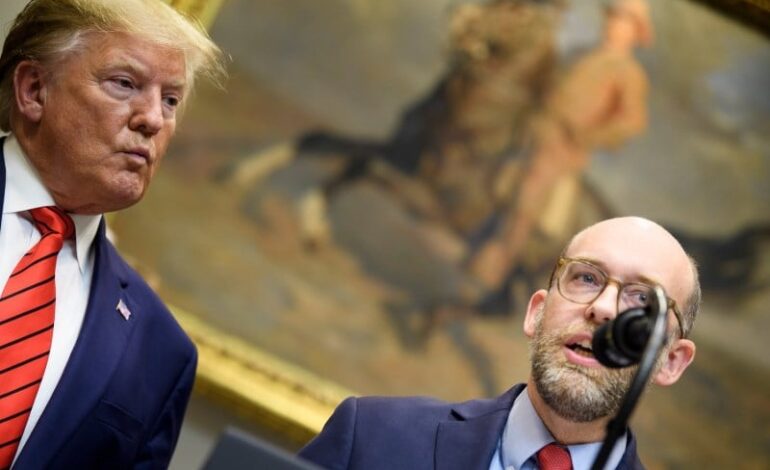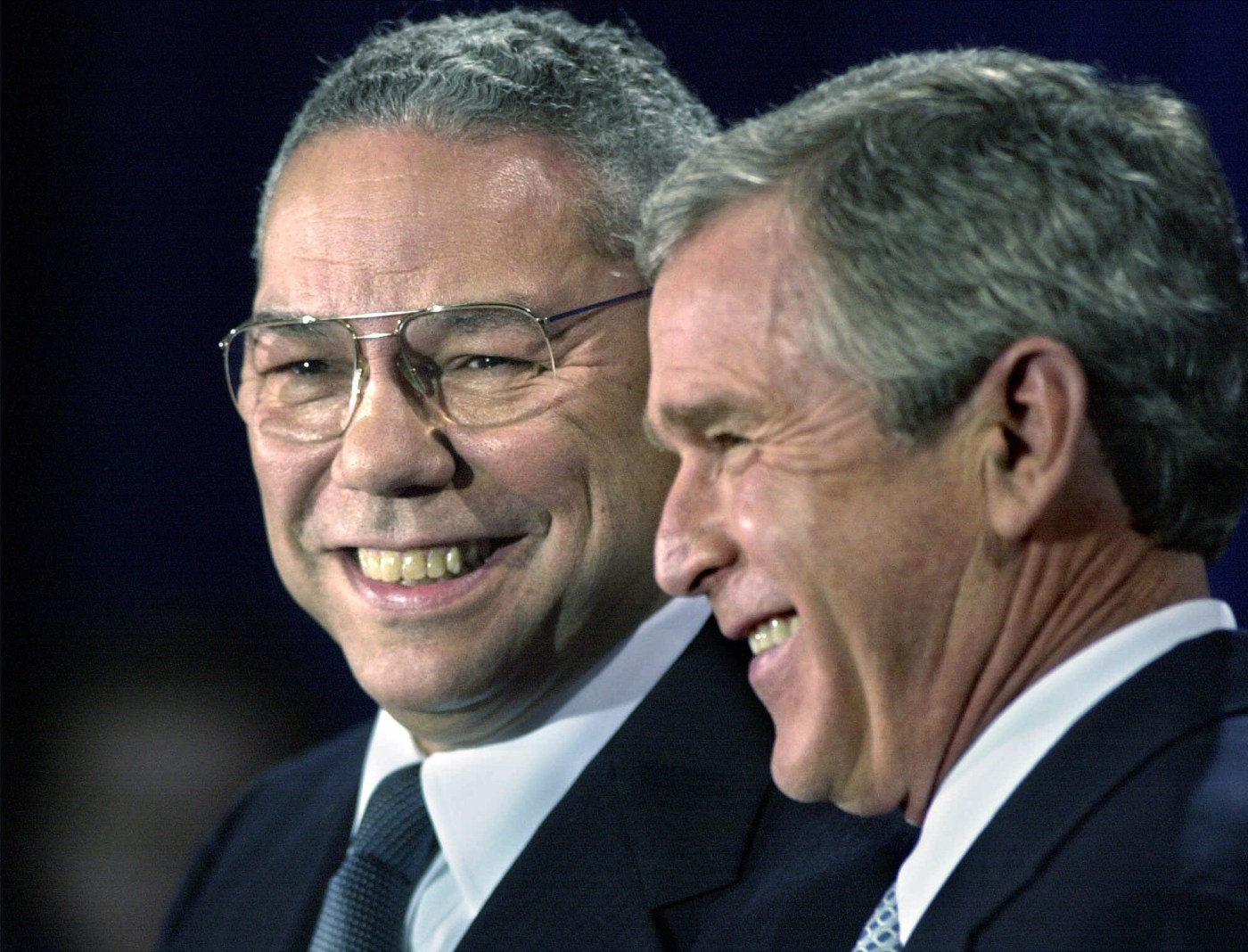Russell Vought Transforms OMB into a Powerhouse in Washington

Russell Vought has emerged as a formidable force within Washington, D.C., serving as the director of the Office of Management and Budget (OMB) and a key architect of Project 2025. Under his leadership, the OMB is reshaping federal spending and regulations in a manner reminiscent of the vision articulated by former strategist Steve Bannon, aiming for a significant reduction of the administrative state. Vought’s approach contrasts sharply with that of other high-profile figures, such as Elon Musk, as he navigates existing government processes with precision and strategy.
Vought’s influence stems primarily from his control of the OMB, a position that has evolved dramatically since its inception. According to a profile in The New Yorker by Andy Kroll, the OMB may lack glamour, but it wields considerable power across the federal government. To understand how this relatively obscure office became such a political powerhouse, one must look back to its history and the expansion of executive authority.
Historical Context of the OMB’s Power
The roots of the modern OMB trace back to the 1980s during the presidency of Ronald Reagan, who sought to utilize presidential power as a tool against liberal policies. Reagan’s administration left a legacy that transformed the OMB into a significant force, one that Vought now uses to challenge the legacies of Franklin Roosevelt, Lyndon Johnson, Barack Obama, and Joe Biden.
The origins of presidential budgeting can be traced to the Budget and Accounting Act of 1921, which established the Bureau of the Budget (BOB). This legislation aimed to modernize government operations and enhance the efficiency of federal budgeting. Historically, this act marked the beginning of a centralized executive budget proposed annually to Congress, replacing a decentralized system where each agency submitted individual funding requests.
The BOB’s authority grew significantly during the Great Depression and World War II, as it became integral to managing federal expenditures. By the end of the 1940s, its staff had expanded from 40 to approximately 600, reflecting the increased demands on federal budgeting. This evolution set the stage for the OMB’s powerful role in subsequent administrations.
The Evolution of Executive Control
Presidents such as Lyndon Johnson and Richard Nixon further solidified the OMB’s influence. Johnson’s implementation of the Planning-Programming-Budgeting System required agencies to align their budget priorities with strategic planning. Nixon’s rebranding of the bureau as the Office of Management and Budget in 1970 expanded its oversight capabilities, allowing it to evaluate agency policies and managerial effectiveness.
The OMB’s power faced challenges in the aftermath of the Watergate scandal, prompting Congress to reassert its authority through the Congressional Budget and Impoundment Control Act of 1974. This legislation aimed to curb presidential power by creating budget committees and establishing the Congressional Budget Office to provide independent expertise. Nevertheless, Reagan’s presidency marked a resurgence of executive power, with the OMB at the forefront of this shift.
Vought’s leadership has been characterized by a deliberate exploitation of existing processes, utilizing ambiguities and loopholes to advance the administration’s agenda. His tenure has seen a focus on dismantling what he perceives as an overreaching administrative state, aligning with the broader objectives of the Trump administration.
Through the OMB, Vought has sought to implement Project 2025, a comprehensive policy framework that aims to reshape various aspects of federal governance. As he navigates the complexities of federal regulations, Vought has demonstrated an ability to push the boundaries of executive authority, raising questions about the future of governance in the United States.
As Vought continues to exert influence over federal policies, his tenure highlights the necessity for a dialogue around the balance of power within the government. With the potential for future administrations to adopt similar strategies, the implications of his leadership extend beyond the current political landscape, prompting discussions about the need for structural reform in executive authority.
In summary, Russell Vought’s role as the director of the OMB not only underscores the agency’s significant authority but also raises critical questions about the direction of American governance under the Trump administration.






